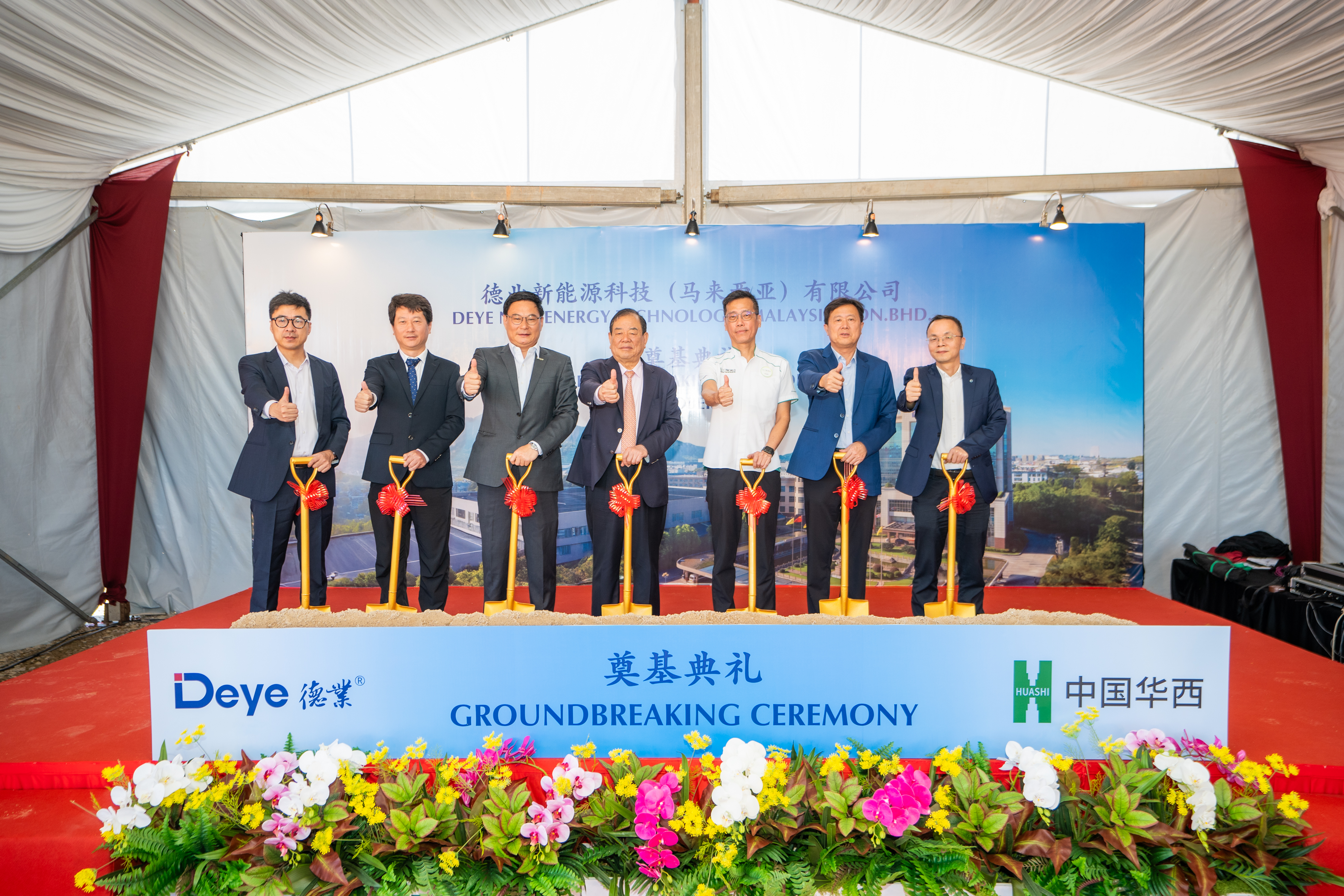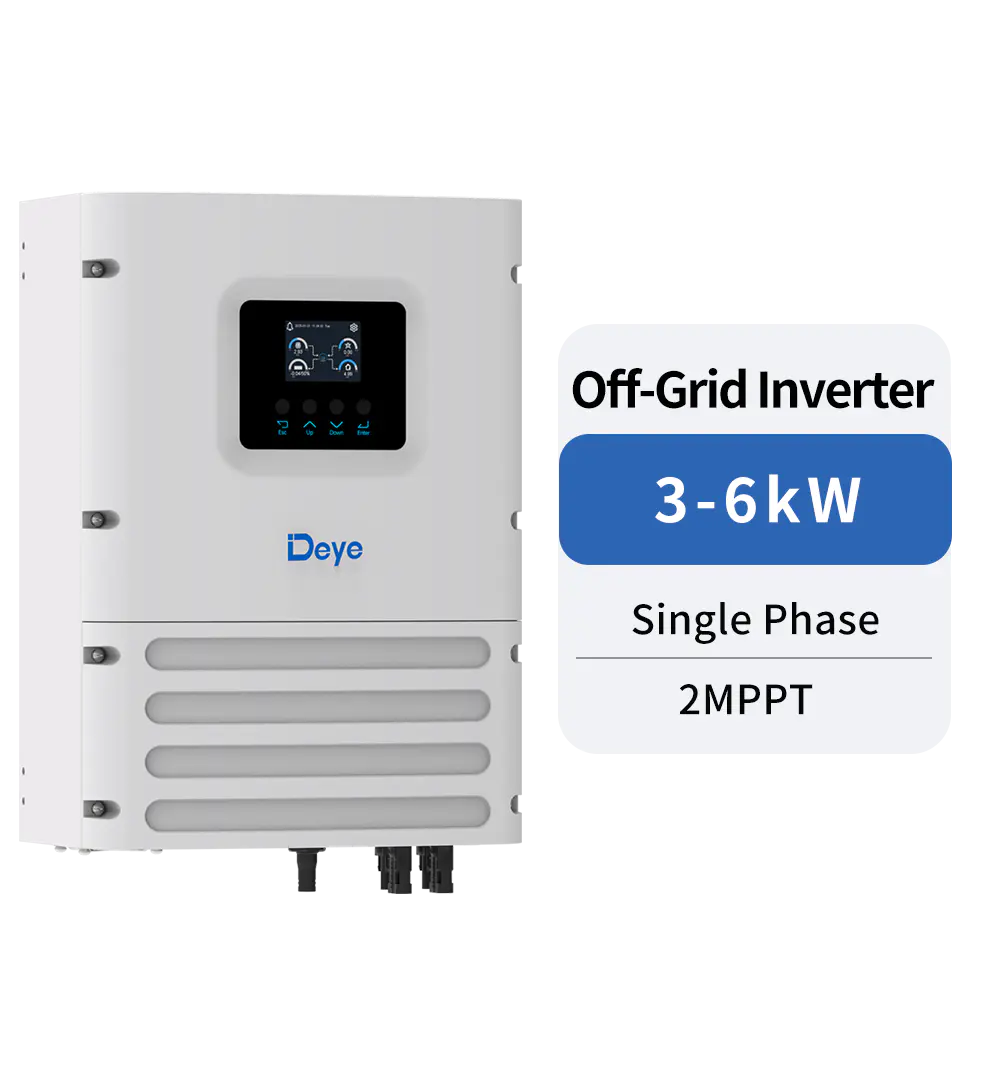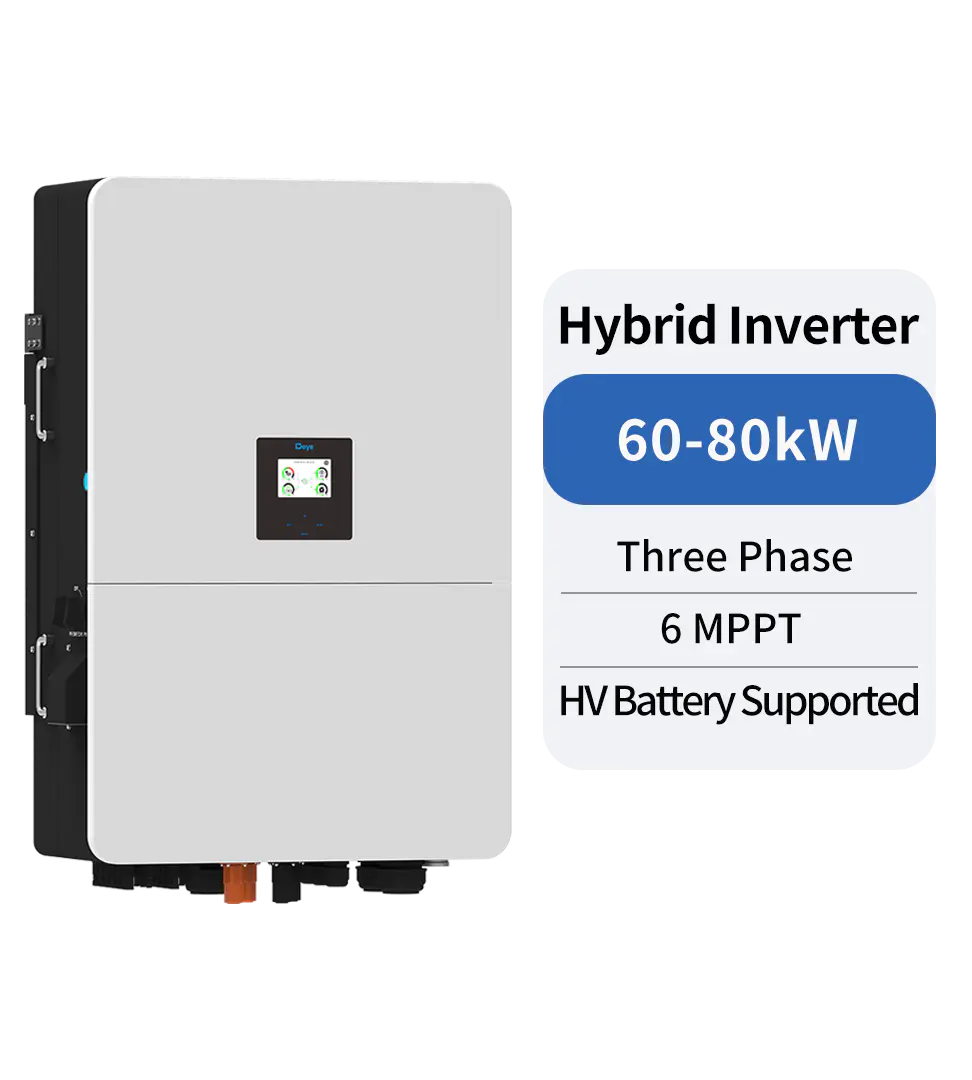Technical Topics
Hybrid inverters to enable more efficient power generation
Unlike battery-specific inverters, Hybrid inverters enable more efficient power generation. They are also battery-agnostic, meaning that they can function in any power outage situation. Battery-specific inverters manage the charging and discharging of a battery bank. These inverters can also be connected to a Wi-Fi network. This feature allows the customer to monitor the performance of the system remotely.
Battery-specific inverters manage the charging and discharging of a battery bank
Inverters are used to handle the charging and discharging of a bank of batteries. They are useful for portable electronics, generators, and other battery-operated appliances. They are able to pass power from a connected AC source to the connected equipment while simultaneously charging its battery bank. When an AC source is not available, the inverter automatically switches to battery power and runs the connected equipment. In addition to their utility as a portable power source, battery-specific inverters are also available for marine and RV applications.
.png)
The charge controller ensures the batteries are always at their optimum charge level. It has an adjustable set point and maintains a full charge at a given temperature. Battery-specific inverters manage the charging and discharging of a battery bank to avoid the risk of Battery Stratification. Batteries are comprised of water and acid. The acid is heavier than water and will concentrate in the bottom of the battery.
Hybrid inverters allow for more efficient power generation
There are several different types of hybrid inverters on the market today. They range widely in size, performance and features. However, more work bi-directionally, using a combination of renewable and non-renewable sources of energy to generate electricity. This allows homeowners to benefit from both the benefits and risks of renewable energy while reducing their electricity bills. Hybrid inverters are an excellent way to integrate renewables into their homes.
Some inverters can also serve as a backup source. These are known as BESS systems, which are hybrid inverters with lithium batteries. Different types of hybrid inverters are available for different applications. A hybrid inverter with a lithium battery is more advanced and can be operated off the grid. These units also have the ability to back up large loads, such as pumps. They also have high pass through power capabilities.
They are not battery agnostic
Some hybrid inverters are battery agnostic. Other types have a built-in inverter, such as the sonnen eco. In the end, the battery-agnostic option will limit your future storage options. In some cases, however, the battery-agnostic option will be the more cost-effective and reliable option. Regardless of which type you choose, your system should be compatible with both solar and wind energy.
In order to operate during a power outage, a hybrid inverter must be able to isolate from the grid and use battery power to backup essential circuits. Most modern hybrid inverters have this feature built in, but some are not. You can purchase a special emergency power supply or an additional backup box to make your hybrid inverter work during a power outage.
They can be used on grid or off-grid
While some people have a preference for off-grid solutions, Hybrid Inverters can be used in both environments. They can be used in homes on-grid or off-grid, depending on the needs of the home. One of the main advantages of inverters is their ability to provide grid services, including reactive power. Reactive power is the ability of an inverter to bring the voltage and current back into sync. Although it cannot be directly consumed, it is necessary in order to make other power useful.
One of the main differences between off-grid and grid-tied systems is the type of inverter used. A grid-tied inverter is used when the solar panel system must be located more than 20m away from the battery bank. A grid-tied inverter is used for off-grid applications where the power demand is high during daytime. Hybrid systems are more energy-efficient than grid-connected systems.
PREV:What about a Solar Inverter
NEXT:Boosting Efficiency With a Three Phase Inverter
Share
Product recommendations
news recommendations
-

-
 Green Industry, Bright Future: Deye Distributor Summit – Dubai 2025 Concludes Successfully
Green Industry, Bright Future: Deye Distributor Summit – Dubai 2025 Concludes SuccessfullyIn November 2025, Deye Group successfully hosted the “Green Industry, Bright Future—Deye 2025 Dubai ...
-
 Deye’s Malaysia Johor Manufacturing Base Officially Breaks Ground — A Key Step Forward in Its Globalization Strategy
Deye’s Malaysia Johor Manufacturing Base Officially Breaks Ground — A Key Step Forward in Its Globalization StrategyOn October 2, 2024, Deye Group (hereinafter referred to as “the Company”) held a groundbreaking cer...

 China - 简体中文
China - 简体中文 Global - English
Global - English Brazil - Português
Brazil - Português Netherlands - Dutch
Netherlands - Dutch Italy - Italiano
Italy - Italiano Germany - Deutsch
Germany - Deutsch Spain - Español
Spain - Español France - Français
France - Français Vietnam - Tiếng Việt
Vietnam - Tiếng Việt Poland - Polski
Poland - Polski Australia - English
Australia - English Japan - 日本語
Japan - 日本語


